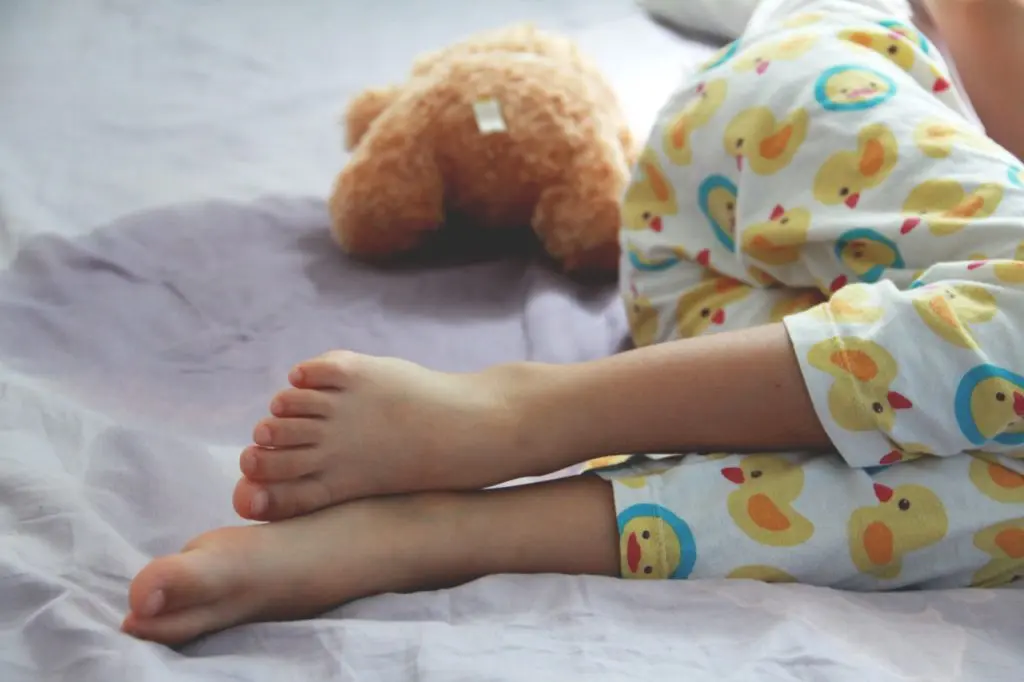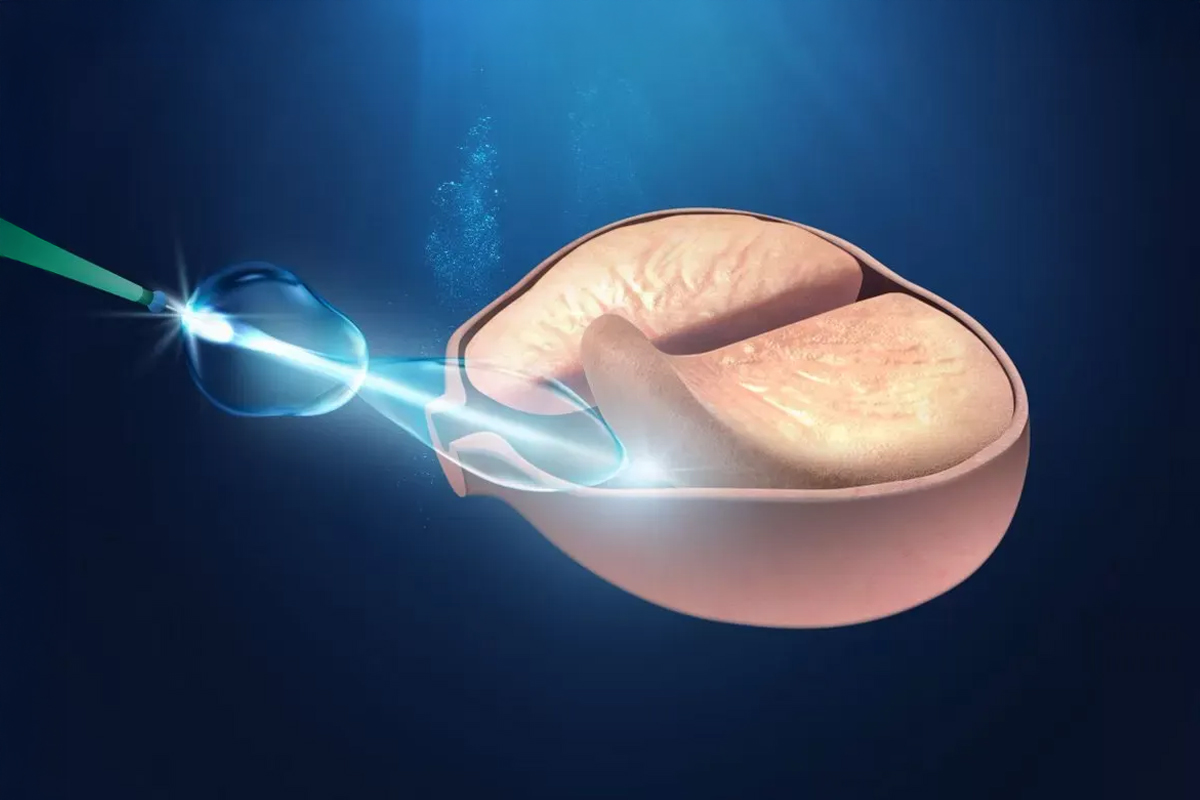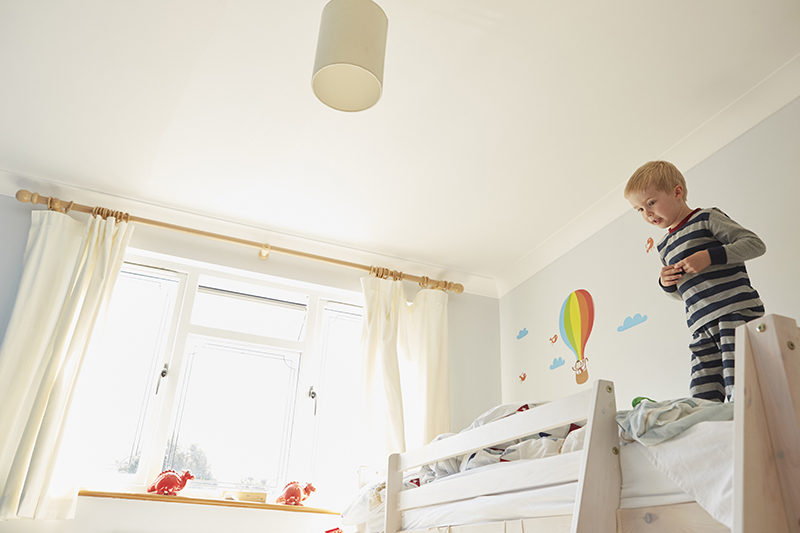What is enuresis?
Means that there is a urination full in the bed of a child 5 years of age and older. A child with nocturnal enuresis are wet only during sleep, and urine normally when it is awake.
Causes
There are several factors that can lead to bed-wetting, including:
- Bed wetting can be hereditary. If there is a family history of a parent, sibling or other close family members with nocturnal enuresis, it is more likely that their child will inherit the disease.
- The majority of children with nocturnal enuresis have the dream very heavy. These children do not wake up when their bladder is full.
- During sleep, a hormone (vasopressin) is released in the body; reduces the production of urine. If your child's body still does not make enough vasopressin, can produce more urine which may contain the bladder.
- The bladder takes time to mature and stay relaxed while your child sleeps.
Treatment
Your child's visit with us will include a comprehensive history. We want to understand the habits of urination and evacuation of your child during the day, as they can contribute to urine leakage at night. Many children who do not control the leakage of urine on a regular basis during the day, it is wet during the night. Work to change the habits of evacuation during the day, can reduce the degree of urine leakage.
The recommendations to optimize the evacuation during the day include:
- Increase the amount of water consumed during the day. We encourage children to drink most of your liquids at the beginning of the day.
- Limit fluids two hours before bedtime.
- Urinating on a schedule routine every two to three hours.
- Double voiding or emptying before bedtime. If bedtime is at 9 pm, have your child empty his or her bladder at 8 pm and then at 9 pm
- Control any sign of constipation or constipation and treat it.
- Reduce the consumption of beverages that contain ingredients that irritate the bladder: caffeine, carbonation (fizz / bubbles), citrus juices, and sports drinks.
If urine leakage persist after adjusting the habits of the day, there are two main options to help control urine leakage night:
The enuresis alarm
It is a form of therapy for conditioning to help your child recognize the need to get up to go to the bathroom. The alarms enuresis consist of a sensor to detect moisture and an alarm to wake the child. The alarm sounds when your child starts to release the urine. Works for the 60 to 70 per cent of the children and requires a high level of commitment on the part of the child and the family.
Medication
Desmopressin (DDAVP®) is concentrated in the urine for your child to produce less urine at night and don't completely fill the bladder. DDAVP® is effective in approximately 50 percent of patients. In case of resistance to the therapy, there are options to use other medications for pediatric use or in combination.







